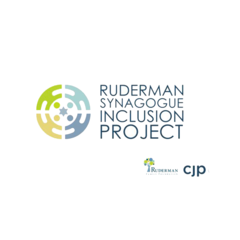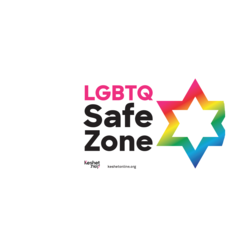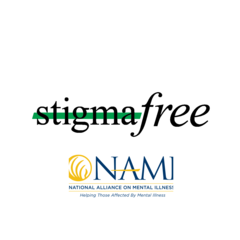Resources for Talking to Children about Racism
Books:
Come with Me, by Holly McGee.
This book, about a little girl who is troubled but an unspecified event she hears about on the news, won't be released until September, but is particularly timely. Her parents offer her suggestions of ways in which she can help, in the face of confusing and upsetting events.
Child of the Civil Rights Movement, by Paula Young Shelton
Paula Young Shelton, the daughter of Civil Rights activist Andrew Young, brings a child’s unique perspective to an important chapter in America’s history. Paula grew up in the deep south with discrimination and segregation. With an activist father and a community of leaders surrounding her, including Uncle Martin (Martin Luther King, Jr.), Paula watched and listened to the struggles, eventually joining with her family—and thousands of others—in the historic march from Selma to Montgomery.
The Other Side, by Jacqueline Woodson
This seemingly simple friendship story is a powerful and lyrical tale of segregation, seeing humanity in all, and reaching out across boundaries.
We March, by Shane W. Evans
On August 28, 1963, a remarkable event took place—more than 250,000 people gathered in our nation's capital to participate in the March on Washington for Jobs and Freedom. The march began at the Washington Monument and ended with a rally at the Lincoln Memorial, where Martin Luther King, Jr. delivered his historic "I Have a Dream" speech, advocating racial harmony. When combined with simple yet compelling illustrations, this book brings that day to life for even the youngest reader to experience.
Sit In: How Four Friends Stood Up by Sitting Down, by Andrea Davis Pinkney
This book tells the story of the Woolworth's lunch counter sit-in, when four college students staged a peaceful protest that became a defining moment in the struggle for racial equality and the growing civil rights movement.
Anti-Bias Activity for Pre-Schoolers: http://carrotsareorange.com/anti-bias-activity-preschoolers/
Resources for Educators from NPR: http://www.npr.org/sections/ed/2017/08/14/543390148/resources-for-educators-to-use-the-wake-of-charlottesville
Living Room Protest Series: https://www.youtube.com/channel/UCBsliirmTZ3yEDdVbiuDxCAStaceyann Chin and her 3-year-old daughter talk about race, gender, social justice, and many other topics in these short videos.
Social Justice Books Lists from Teaching for Change: https://socialjusticebooks.org/booklists/
Social Justice Poems for Kids: https://www.poets.org/poetsorg/text/social-justice-poems-kids
Teaching Tolerance Student Tasks and Lesson Plans:
- Community Mural/Poster Campaign: https://www.tolerance.org/classroom-resources/student-tasks/do-something/community-mural-poster-campaign
- Identity Self-Portraits: https://www.tolerance.org/classroom-resources/student-tasks/do-something/identity-selfportraits
- Where Do Americans Come From?: https://www.tolerance.org/learning-plan/where-do-americans-come-from
- Teach Tolerance: Standing Up for Yourself and Others: https://www.tolerance.org/learning-plan/teach-tolerance
ARTICLES:
I’m a teacher in Charlottesville. This is how I’ll talk to students about what happened:
https://www.washingtonpost.com/news/parenting/wp/2017/08/16/im-a-teacher-in-charlottesville-this-is-how-ill-talk-to-students-about-what-happened/?tid=sm_tw&utm_term=.c7b988a567b2
Books to help kids understand the fight for racism equality: http://www.readbrightly.com/books-to-help-kids-understand-the-fight-for-racial-equality/
This contains a long list of resources, some geared towards older students, but there is a strong section on resources for teachers, as well as a number of helpful articles: http://blogs.ncte.org/index.php/2017/08/there-is-no-apolitical-classroom-resources-for-teaching-in-these-times/
How to Talk to Your Kids about Charlottesville: https://www.nytimes.com/2017/08/14/books/review/children-violence-racism-charlottesville.html?_r=0
Social Justice Book List: http://www.nnstoy.org/wp-content/uploads/2017/08/NNSTOY-Social-Justice-Book-List.pdf
This article contains some helpful suggestions for how to speak to children about hidden or discrete racism in classic children's books: https://www.theatlantic.com/education/archive/2017/08/reading-racism-in-dr-seuss/536625/?utm_source=atlfb





